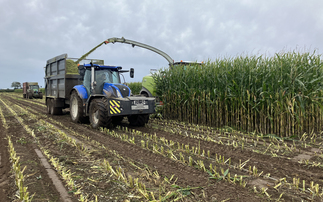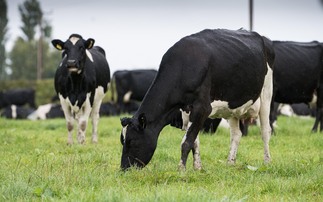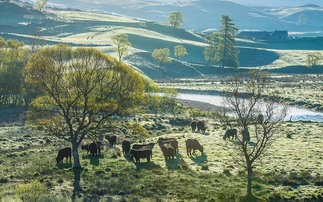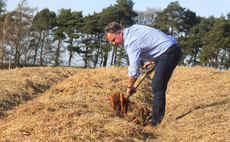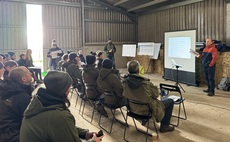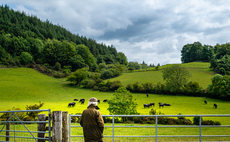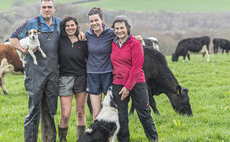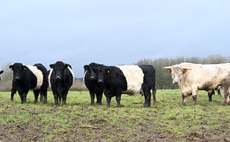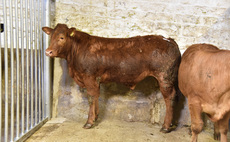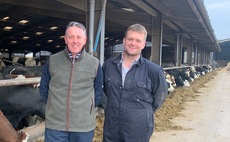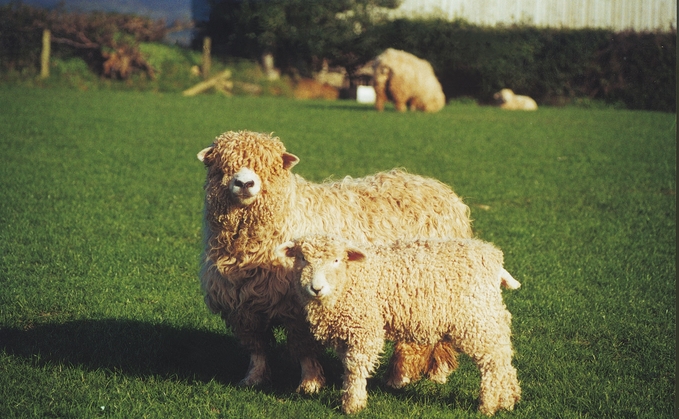
A new survey published by the Rare Breeds Survival Trust (RBST) shows choosing native breeds for livestock could insulate against hikes in feed and supplement costs.
The RBST Commercial Trends Survey 2023 shows, of farmers who keep both native and continental breeds or those who have switched from continental breeds to native breeds, 69 per cent said that overall costs with native breeds were lower than with continental breeds.
Native breed livestock
This compares with 7 per cent who said native breeds costs were higher and 21 per cent who stated that costs remained the same.
Watch now: Lincoln Reds tick all the boxes for National Trust tenanted farm
RBST chief executive Christopher Price said: "The fact that our hardy native breeds generally require lower inputs has become even more appealing as costs such as feed and supplements have skyrocketed and look set to stay elevated."
The survey also shows that the opportunity for cost savings with native breeds can extend to land and veterinary costs, with 62 per cent saying their costs related to the type of land required were lower with native breeds than with continental breeds.
53 per cent of respondents said their veterinary costs were lower with native breeds.
Sue Dudley, a native breed farmer from Kidwelly, Carmarthenshire, said: "We simply could not afford to farm modern commercial pigs who do much better inside, instead we breed very rare Large Black pigs which are very hardy and cope well to the vicissitudes of Welsh weather.
Large Black pigs
"The pigs may grow slower, but the feed costs are lower and with the unique selling points of traditional rare breeds, we are able to charge a premium, over twice as much as commercial half pigs sold directly to the public."
The results are taken from the responses to the RBST Commercial Trends survey in Summer 2023 of almost 200 farmers and smallholders from across the UK who sell rare or native breed products or services.
See also: Scottish marts generate £605m in 2022








